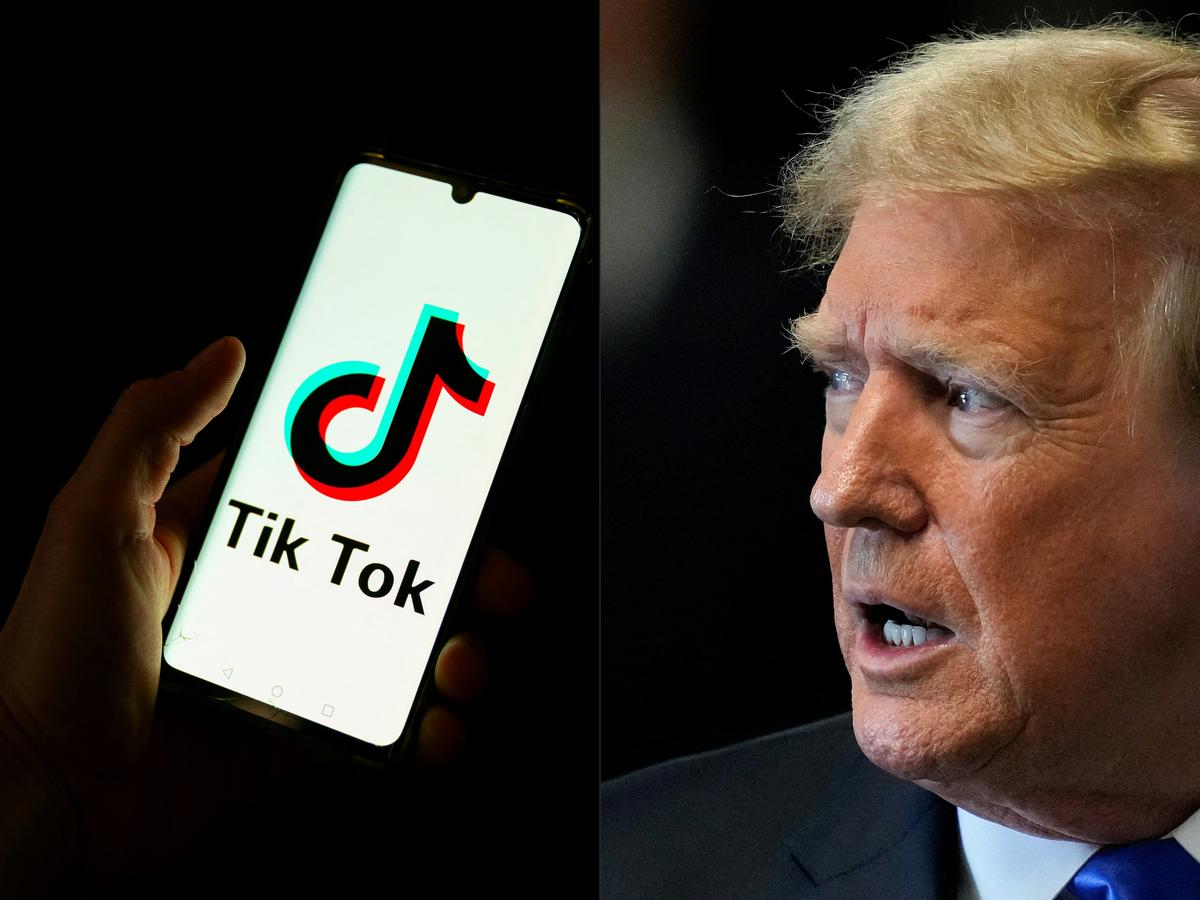US Supreme Court Hears TikTok Ban Arguments as Legal Battle Intensifies
The ongoing legal battle over a potential TikTok ban in the United States took a significant turn today as the US Supreme Court heard crucial arguments. This case could determine the fate of the popular social media app, which boasts over 100 million active users in the country. With the Biden administration seeking to address national security concerns tied to the app’s ownership by the Chinese company ByteDance, the stakes are incredibly high.

The Legal Battle Over TikTok
The dispute began in 2020 when former President Donald Trump issued an executive order seeking to ban TikTok due to fears that the app could be used to collect data on American users and potentially share it with the Chinese government. The Trump administration argued that TikTok posed a national security risk, prompting lawsuits and back-and-forth legal challenges from the app’s owners.
In 2021, President Joe Biden’s administration continued the push to review TikTok’s security practices. The US government raised concerns about TikTok’s data collection policies, including how user data might be accessed by the Chinese Communist Party. However, no immediate ban was enacted, and the matter was left for further legal review.
Fast forward to 2025, and the US Supreme Court is now involved in addressing whether the app should face a nationwide ban or restrictions, with critical implications for both US-China relations and the app’s millions of American users.
Arguments Presented Before the Court
In today’s hearing, attorneys representing TikTok argued that there is insufficient evidence to justify a ban based on national security concerns. They stated that the app complies with all applicable US laws regarding data privacy and that the alleged risks are exaggerated. TikTok’s legal team also pointed out that banning the app would violate the First Amendment rights of users who rely on the platform for self-expression, entertainment, and business.
On the other hand, government attorneys argued that TikTok’s connection to China represents a unique security risk. They claimed that the Chinese government could potentially access sensitive user data, including location, biometric information, and browsing habits, for surveillance purposes. Government officials emphasized the need to safeguard national security and protect American citizens from potential foreign influence.
Global Implications and Impact on TikTok
If the Supreme Court rules in favor of a ban, it would mark a monumental shift in the US approach to digital platforms owned by foreign companies. TikTok has grown into a global powerhouse, shaping the way people consume content, market products, and even influence political discourse. A ban would have profound effects on millions of users and businesses, many of whom depend on TikTok for outreach, advertising, and brand-building.
The potential impact on US-China relations also cannot be overstated. The decision could escalate tensions between the two countries, particularly as both sides continue to grapple with issues related to trade, technology, and cybersecurity.
What’s Next for TikTok?
As the legal battle continues, the Supreme Court’s decision could pave the way for additional legal challenges or potential regulatory measures aimed at curbing foreign influence in the digital space. Legal experts predict that even if the Supreme Court rules in favor of a ban, TikTok’s legal team could continue to fight the decision in lower courts.
For now, TikTok users and stakeholders will have to wait and see how the Court’s ruling will unfold. The case is expected to have far-reaching consequences, not just for TikTok, but for the broader landscape of tech regulation and national security concerns in the United States.
As of now, TikTok remains available in the US, but the final decision by the Supreme Court could signal a shift in the app’s future in America. Stay tuned for updates as this high-stakes legal drama continues to unfold.







Leave a Reply